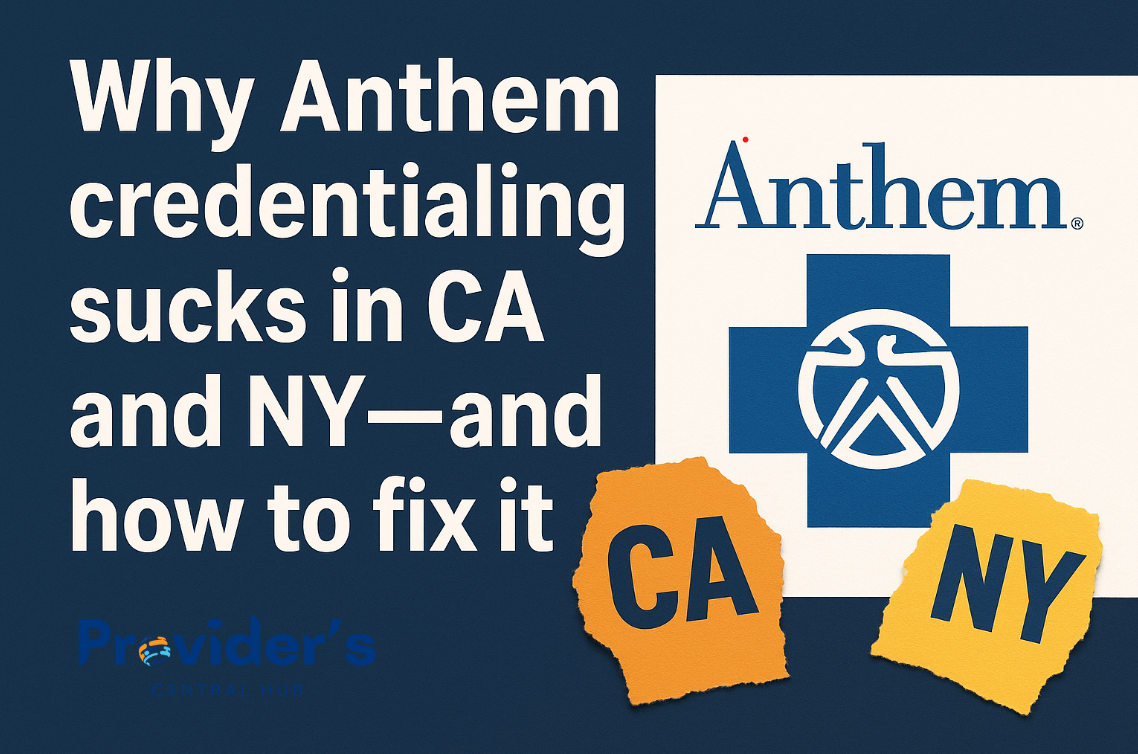Sometimes, I wonder if AI can ever replace a therapist.
It’s a weird thought, I know. But when you live in a world where machines are learning to talk like us, think like us, and sometimes even feel like they understand us, you start to ask questions.
I’ve used AI tools. I work in tech. I build systems that make providers’ lives easier. But lately, I’ve been thinking about something more delicate, AI in mental health. What happens when we start letting AI into spaces that were once only for humans?
There are apps now that check in on your mood. Bots that talk to you when you’re anxious. Some of them are actually… comforting. They don’t judge. They don’t get tired. They’re always there. For someone who’s never been able to afford therapy or who’s afraid to open up to another human that kind of support can feel life-changing.
And yet, I think about the times I’ve been at my lowest. When words weren’t enough. When just sitting in silence with someone who got it was everything. Could a machine really hold that space?
Mental health deserves innovation. But it also deserves caution.
So I’m still asking: would I ever talk to an AI therapist? Would you?
Not sure I have the answer yet. But I think it’s worth the conversation.




